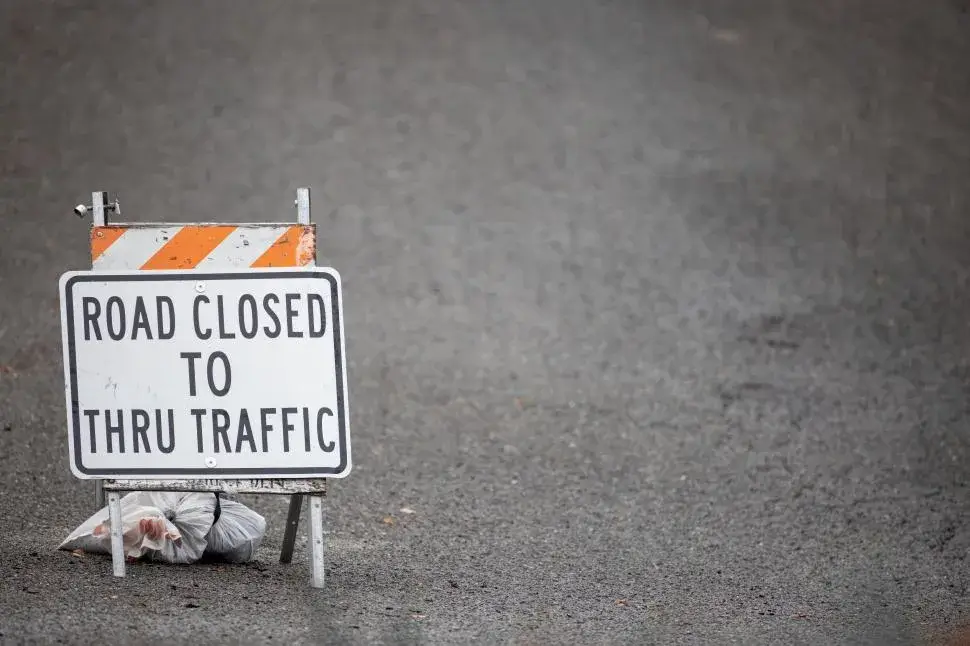The Providence Streets Coalition asked Ward 2 candidates where they stand on street safety, mobility, and non-car transit. Two candidates stood out: Dave Caldwell and Jeff Levy, for their hesitancy and car-first, subtle conspiracy-esque claims, using the kind of language often used nationally to paint safe-streets projects as anti-driver or anti-business.
Both hid behind rhetoric like “bringing everyone to the table” and “balancing business needs,” language often used in Providence and elsewhere to dilute or halt the already well-documented safe street redesigns. Caldwell, a small-business owner, said such stakeholders “should be part of the conversation.” Levy promised to “listen to concerns of residents and business owners,” and stayed “skeptical about any plan that would reduce needed on-street parking.”
This is familiar: invoke business interests as a reason to reject accessible streets projects by elevating a few louder voices over the broader community.
On other issues, Levy strongly opposes redesigns that remove parking or vehicle lanes and strongly opposes ending parking-minimum rules, insisting that “traffic flow and street parking” be protected. Caldwell strongly supports both reforms, but is cautious on other issues, only somewhat supporting the expansion of the Urban Trail network and using more speed-camera revenue for safety.
Regarding public transit funding, Caldwell strongly supports raising revenue for RIPTA, while Levy only “somewhat supports” it, arguing the city budget can’t sustain it. When asked about lowering living costs through walking, biking, and transit, Caldwell tied affordability to denser housing and fewer parking lots; Levy warned against hurting traffic flow and parking as per business owners’ discretion.
Hot-button questions in the community further remain unanswered:
- Would either support a car-free Thayer Street?
- What about the bike lanes on Hope and South Water Street?
- Would they back dedicated bus lanes and wider sidewalks over on-street parking?
- How would they respond to business owners and wealthier constituents who have the privilege of being able to dominate public safety meetings and push pro-car policies?
Notably, neither Caldwell nor Levy seriously put forward the idea that traffic violence is a public health or equity crisis, even though low-income residents, seniors, and people of color bear the cost of Providence’s unsafe, car-dominated streets.
Their focus is clear: Business first, everyone else, second.
Providence will not reach its Vision Zero commitment or climate goals through hesitancy and catering to special interests. The city needs candidates who treat safety and accessibility as non-negotiable. Leaders like Ward 2’s Candidates McDermott, Davidson, and Brito, who consistently backed people-first, data-driven streets in their responses, should instead be on your radar.
